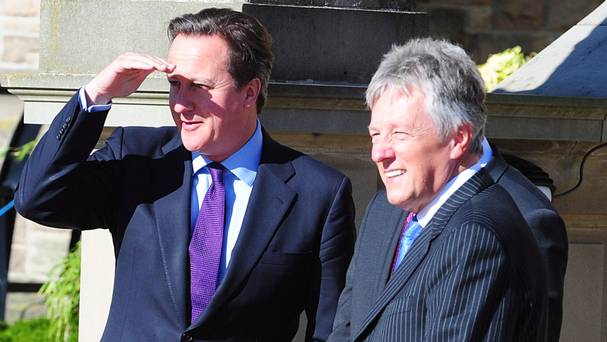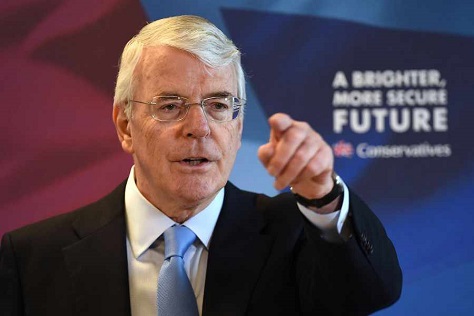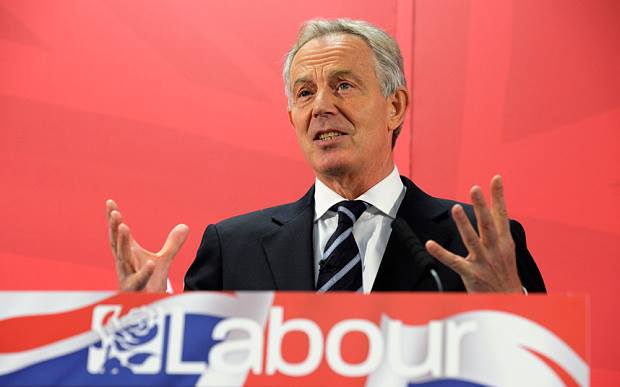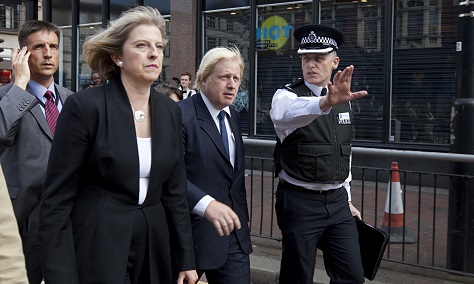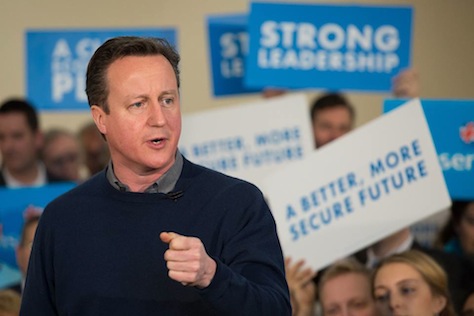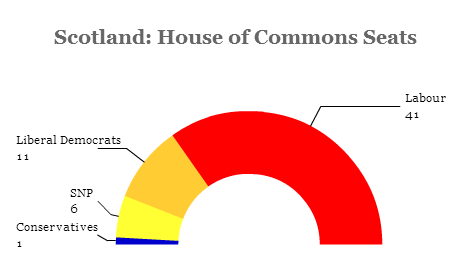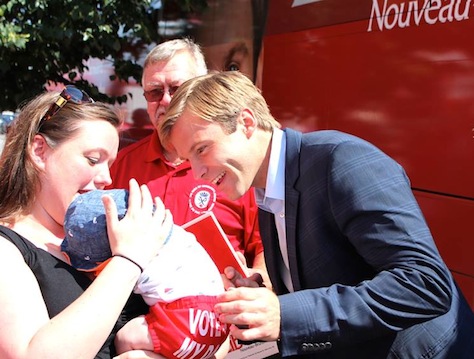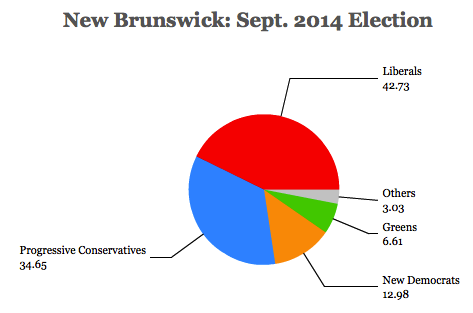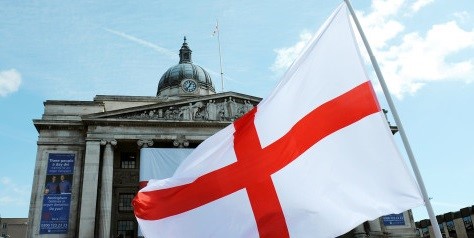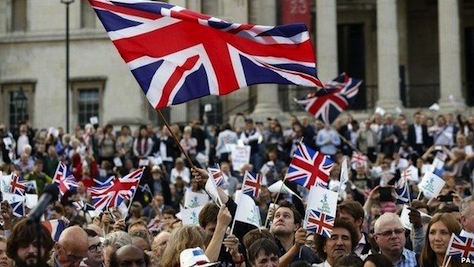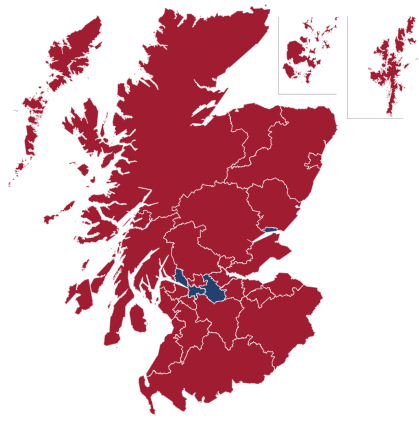On Monday, Northern Ireland’s health minister Jim Wells resigned after he made numerous comments that not only disparaged gay and lesbian parents but alleged that LGBT parents were more prone to child abuse.![]()
![]()
His party, the Democratic Unionist Party (DUP), is the strongest party in Northern Ireland today, and its leader, Peter Robinson, serves as Northern Ireland’s first minister. Though Northern Ireland is home to just 2.9% of the United Kingdom’s population, and it’s allocated just 18 seats in the 650-member House of Commons, those seats could make the crucial difference in the race to become prime minister.
Though the election has been more about Scotland’s role in any post-election coalitions, Northern Ireland could become even more important. If Robinson’s DUP holds the balance of power, it could thrust one of the most anti-gay, socially conservative parties in Europe into the spotlight with consequences that could shake the still-fragile power-sharing agreement that’s brought peace to Northern Ireland.
* * * * *
RELATED: What about gay marriage in Scotland and Northern Ireland?
RELATED: No eulogies for Paisleyism
* * * * *
Polls consistently show three things:
- The Scottish National Party (SNP) is projected to win, for the first time, the vast majority of Scotland’s 59 seats, and its leader, Scottish first minister Nicola Sturgeon has said she’ll prop up a center-left government led by Labour’s Ed Miliband and will not support, under any circumstances, any vote of confidence for the incumbent, David Cameron (pictured above with Robinson).
- Neither the Conservatives nor Labour are projected to win enough seats to form a majority, forcing Cameron and Miliband to seek allies from minor parties.
- The Liberal Democrats, which have joined the Tories in a governing coalition since 2010, and whose leader, Nick Clegg, says he could support either the Tories or Labour after 2015, are not projected to win enough seats to propel either major party to a majority.
Conceivably, that’s where the DUP would become vital — a world where a Tory-Lib Dem coalition falls just short of the 326 seats Cameron would need for reelection. No other party, after the SNP, is projected to win more seats than the DUP, which currently holds eight of Northern Ireland’s seats. After entering into an electoral alliance with the Ulster Unionist Party (UUP) in a handful of constituencies, there’s reason to believe that the DUP/UUP could together emerge with as many as 10 seats. Continue reading How Northern Ireland might become Westminster’s crucial swing vote
